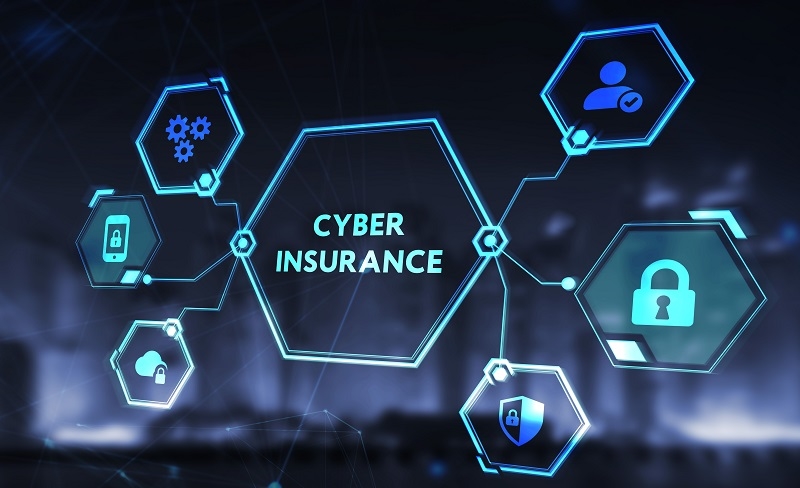
Every October, Cybersecurity Awareness Month focuses attention on data breaches, ransomware attacks, and other cyber tricks (not treats) can have devastating consequences for organizations of all sizes.
To mitigate these risks, many businesses are turning to cyber insurance as a critical component of their cybersecurity strategy.
Cyber insurance, also known as cyber liability insurance
or cyber risk insurance, is a specialized form of insurance designed to protect businesses and organizations from the financial losses associated with cyberattacks and data breaches.
These policies typically cover a wide range of expenses, including:
- Data Breach Response Costs: This includes the costs associated with notifying affected parties, providing credit monitoring services, and managing public relations during a breach.
- Legal Costs: Cyber insurance can help cover the expenses related to legal defense and liability if a third party sues your organization because of a data breach.
- Business Interruption: If a cyberattack disrupts your business operations, cyber insurance can provide coverage for lost income and additional expenses incurred during the downtime.
- Cyber Extortion: In the event of a ransomware attack, where cybercriminals demand a ransom to release your data, cyber insurance can cover the ransom payment.
- Data Recovery and Restoration: Cyber insurance can help cover the costs of restoring or recreating lost data and systems.
- Regulatory Fines and Penalties: If your organization is found in violation of data protection regulations, cyber insurance can help cover fines and penalties.
The importance of cyber insurance cannot be overstated in today's digital landscape. Cyberattacks are on the rise, and the financial impact of a data breach or cyber incident can be crippling.
Here's why cyber insurance is an absolute must:
- Financial Protection: Cyber insurance provides financial protection, ensuring that the costs associated with a cyber incident do not drain your organization's resources or jeopardize its future.
- Risk Transfer: Cyber insurance transfers the financial risk of a cyber incident to the insurer, allowing you to focus on running your business rather than worrying about potential financial losses.
- Legal Compliance: In many jurisdictions, having cyber insurance is becoming a legal requirement, especially for businesses that handle sensitive customer data.
- Reputation Management: Cyber insurance often includes resources for public relations and crisis management, helping you protect your brand's reputation in the event of a data breach.
If the idea of cyber insurance seems a bit overwhelming and confusing to you, that’s okay. It is.
You need a trusted partner to help your organization navigate the complexities. LRS can help; we can assist you in four ways:
- Risk Assessment: LRS experts can conduct a thorough risk assessment to identify vulnerabilities in your IT infrastructure and recommend measures to strengthen your cybersecurity posture.
- Incident Response Planning: LRS can help you develop a comprehensive incident response plan to minimize the impact of a cyber incident and ensure a swift recovery.
- Security Training and Awareness: LRS offers cybersecurity training and awareness programs to educate your employees about cyber threats and best practices for mitigating risks.
- Ongoing Support: LRS provides ongoing cybersecurity support, including threat monitoring, detection, and response services, to help you stay ahead of evolving cyber threats.
As cyber threats continue to evolve and become more sophisticated, the importance of cyber insurance cannot be overstated. It is a critical component of any organization's risk management strategy. Don't wait until a cyber incident occurs; take proactive steps to protect your organization’s future with LRS and cyber insurance.
Contact us today. Your financial well-being and reputation depend on it.
About the author
Chris Hill serves as our Security Practice Leader. Chris has more than 24 years of business and professional experience in IT and holds a Bachelor of Science degree in Electrical and Electronics Engineering.